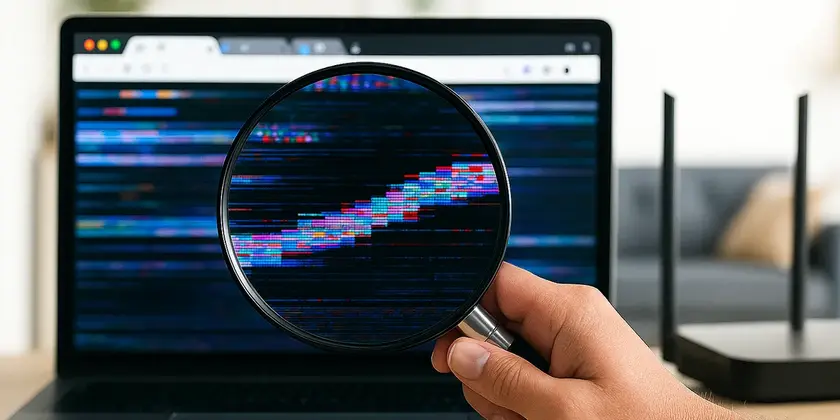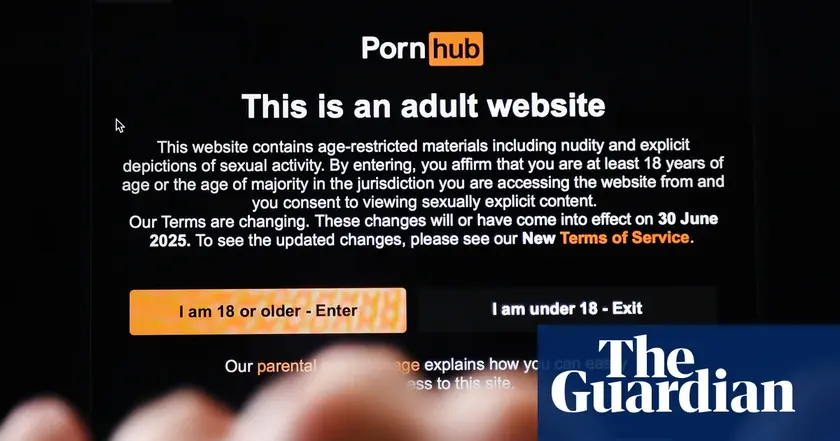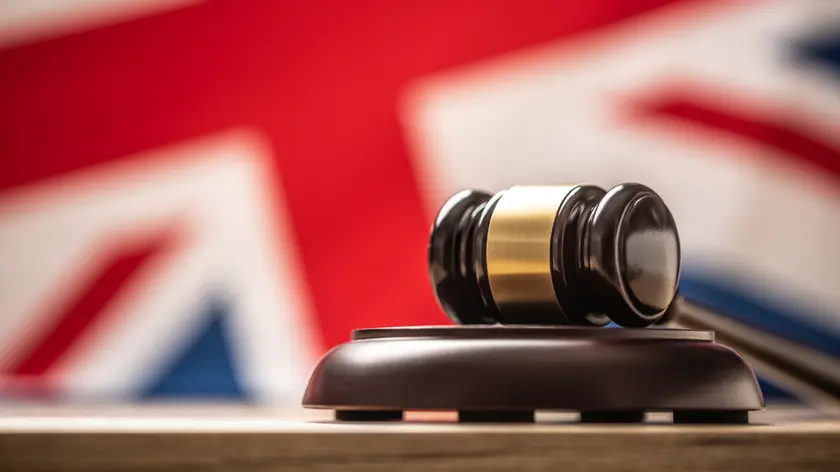T4K3.news
VPN downloads surge as Online Safety Act takes effect
UK users rush to VPNs amid new age checks, raising questions about enforcement and privacy.

As the act takes effect, the surge in VPN downloads raises questions about privacy and enforcement.
UK Online Safety Act tests VPN limits and privacy
With the Online Safety Act in force from July 25, 2025, websites that host adult content must apply highly effective age checks. The policy has coincided with a sharp rise in VPN downloads nationwide as UK users seek to bypass verification checks by masking their location. App stores report that several VPN apps rank among the most downloaded free offerings in the country. Industry sources say some users view VPNs as a privacy shield amid new rules, while experts warn that many free services come with security risks.
Experts question how a ban or strict enforcement would work. Enforcing a total VPN ban would require deep packet inspection and possibly censorship tech, a move described by some security researchers as impractical and costly. Some argue the act might drive users toward less reliable tools or push the privacy debate into a wider sphere about surveillance and data collection. Traffic to major adult sites has fallen since the act took effect, suggesting age checks are starting to bite, though the full impact on behavior and business remains uncertain. Government officials say the goal is safety, not suppression, but critics warn the policy could have broader consequences for remote work and tech competitiveness.
Key Takeaways
"A VPN ban would be a digital mirage that tech firms won't follow."
editorial skepticism about enforceability of a VPN ban
"If you aren't paying in cash you're paying with data."
Jamie Akhtar on data collection and monetization
"Privacy is not a luxury, it's a basic right."
privacy advocate stance
"Security should protect people not push them into the shadows."
critique of surveillance-focused policy
The spike in VPN downloads exposes a core tension in online governance: protect vulnerable users while preserving basic privacy and innovation. If enforcement is weak or costly, the act could become more symbolic than effective, reshaping debates about how to regulate digital spaces. The business community is watching, because the cost of missteps may show up in investments and talent migration.
A future where the state tries to map every online move risks turning Britain into a difficult place for tech firms. The act may push some activity underground, while legitimate uses like secure remote work face new scrutiny. The question is not only whether age checks work, but whether the rest of the digital economy benefits from clear rules or new forms of friction.
Highlights
- A VPN ban would be a digital mirage that tech firms won't follow.
- If you aren't paying in cash you're paying with data.
- Privacy is not a luxury, it's a basic right.
- Security should protect people not push them into the shadows.
Privacy and economic risk from VPN policy
Enforcing a potential VPN ban would require surveillance-style technology and could damage privacy, remote work, and international business confidence. The debate risks political backlash and shifts in investment.
Policy watchers will continue to track how enforcement, privacy protections, and innovation balance out in the coming months.
Enjoyed this? Let your friends know!
Related News

Online safety act tests privacy and tech sector

VPNs dominate UK App Store amid new age checks

UK's Online Safety Act results in millions of new age checks

UK adult site traffic falls after age checks

UK VPN usage surges following new age verification rules

UK age checks cut traffic to top porn sites

Proton VPN sees sign-ups jump by 1,400%

Farage demands response to Savile comments from Minister
